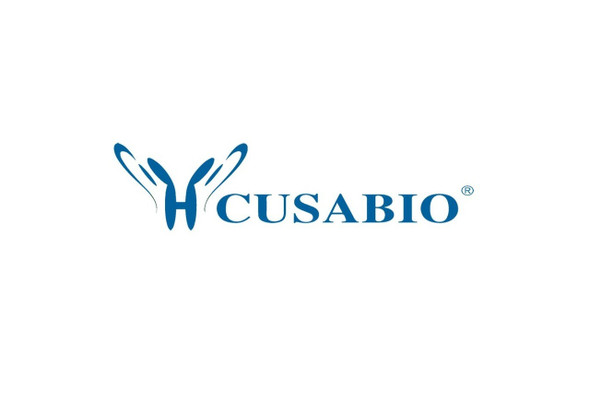Cusabio Polyclonal Antibodies
Phospho-ZAP70 (Tyr493) Antibody | CSB-PA280694
- SKU:
- CSB-PA280694
- Availability:
- 3 to 7 Working Days
- Size:
- 100ul
Description
Phospho-ZAP70 (Tyr493) Antibody | CSB-PA280694 | Cusabio
Phospho-ZAP70 (Tyr493) Antibody is Available at Gentaur Genprice with the fastest delivery.
Online Order Payment is possible or send quotation to info@gentaur.com.
Product Type: Polyclonal Antibody
Target Names: ZAP70
Aliases: 70 kDa zeta-associated protein; SRK; Syk-related tyrosine kinase; ZA70; ZAP-70
Background: Plays a role in T-cell development and lymphocyte activation. Essential for TCR-mediated IL-2 production. Isoform 1 induces TCR-mediated signal transduction, isoform 2 does not.
Chan AC, et al. (1995) EMBO J; 14 (11) : 2499-2508
Kong G, et al. (1996) Mol Cell Biol; 16 (9) : 5026-5035
Salomon AR, et al. (2003) Proc Natl Acad Sci U S A; 100 (2) : 443-448
Isotype: IgG
Conjugate: Non-conjugated
Clonality: Polyclonal
Uniport ID: P43403
Host Species: Rabbit
Species Reactivity: Human, Mouse, Rat
Immunogen: Peptide sequence around phosphorylation site of tyrosine 493 (S-Y-Y (p) -T-A) derived from Human Zap-70.
Immunogen Species: Human
Applications: ELISA, WB, IHC
Tested Applications: ELISA, WB, IHC;WB:1:500-1:1000, IHC:1:50-1:100
Purification Method: Antibodies were produced by immunizing rabbits with synthetic phosphopeptide and KLH conjugates. Antibodies were purified by affinity-chromatography using epitope-specific phosphopeptide. Non-phospho specific antibodies were removed by chromatogramphy using non-phosphopeptide.
Dilution Ratio1: ELISA:1:2000-1:10000
Dilution Ratio2: WB:1:500-1:1000
Dilution Ratio3: IHC:1:50-1:100
Dilution Ratio4:
Dilution Ratio5:
Dilution Ratio6:
Buffer: Supplied at 1.0mg/mL in phosphate buffered saline (without Mg2+ and Ca2+), pH 7.4, 150mM NaCl, 0.02% sodium azide and 50% glycerol.
Form: liquid
Storage: Upon receipt, store at -20°C or -80°C. Avoid repeated freeze.
Initial Research Areas: Immunology
Research Areas: Tags & Cell Markers;Immunology;Signal transduction






